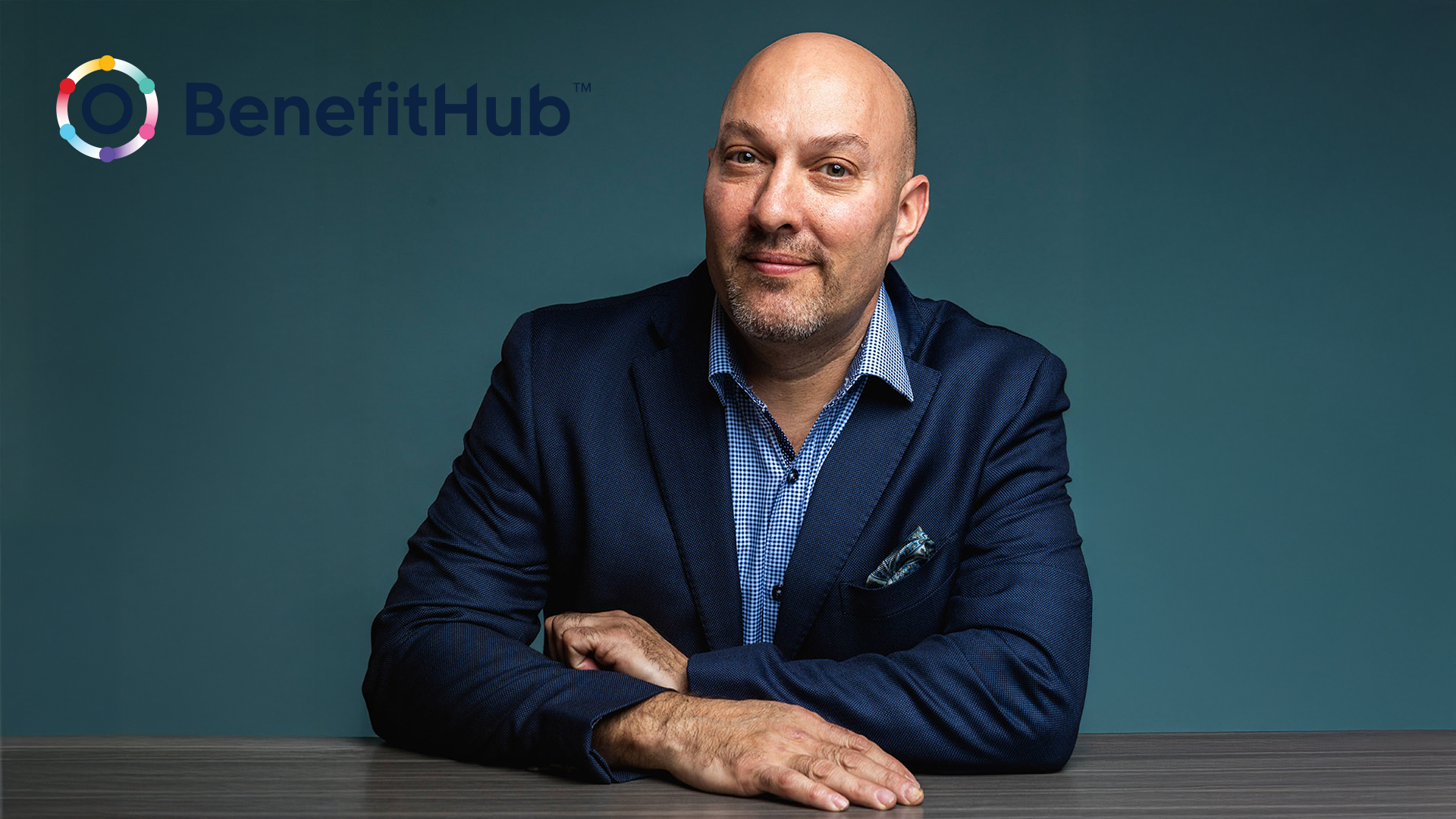The use or abuse of alcohol and/or drugs may not be perceived as a significant risk factor in some organisations but it should always be considered good governance in any company to undertake a Risk Assessment to identify any such potential organisational vulnerability. The probability of an event happening, or the magnitude of such an event, should be risk assessed to ensure that any problems arising can be effectively managed.
Risk Assessment procedures are used for identifying and managing the vulnerability of an organisation to external threats – such as the potential technological melt down caused by the New Year of 2000 or the impact of Brexit – or internal causes. Vulnerabilities can be due to possible economic impacts, accidents harming plant and/or people, human behaviour or health issues. With the rapid dissemination of global news the corporate reputation of an organisation subject to any of the above can be severely and quickly impacted. To cite one recent example, human behaviour had a considerable impact on the reputation of American Airlines when a security officer forcibly removed a doctor from an overbooked flight.
Events can impact on an organisation in dramatic ways. Share prices can plummet and make a company vulnerable to a takeover. A catastrophic event such as when the Exxon Valdez struck a reef off Alaska and the resultant catastrophic oil spill with severe environmental damage – possibly alcohol induced – or more recently the shipwreck of the Costa Concordia and the deaths that resulted – induced by human frailty – can turn a hostile spotlight on the reputation of companies once thought impregnable.
Human frailty is always with us. But Alcohol and Drug problems may not immediately appear to head the list of significant risks to an organisation – however they may be the trigger for a major economic, accident- or safety-related event. It is often the accumulation of small factors and their interaction that results in a calamity.
There are three elements that should be the cornerstones of any corporate alcohol and drug strategy: Risk Management; a Taking Care Alcohol and Drug Policy; and Rehabilitation back into the workplace. There are also many legal traps to be aware of, particularly in relation to testing and disciplinary procedures.
In relation to risk management addiction is too often not considered a disability nor suitable for ill-health retirement, and yet for the medical profession addiction is increasingly considered an illness. The WHO, International Classification of Diseases (ICD 10), and DSM5 use the term dependency since 1975. To align with the Human Rights Act it may be important to consider using the term dependency as well as addiction.
Abuse often infers misconduct, and corporate alcohol and drug policies invariably focus on misconduct, but dependency may not necessarily be abuse if it is considered an illness. If dependency were considered a disability under The Human Rights Act it would provide some protection for an employee coming forward to declare a problem.
I also believe, under an alcohol and drug policy, alcohol needs to be considered separately from drugs; alcohol is a legal substance and drugs are invariably illegal substances and there may be legal and organisational responsibilities if the use of drugs at work is identified.
Furthermore, there needs to be a differentiation between intoxication at work and dependency, as dependency is not categorically linked to intoxication at work. The latter is classed as misconduct, whereas dependency should be considered as a possible performance issue affecting work. All the above have legal implications.
What is the value in developing a ‘caring approach’ to dependency? Employees should feel that management can be trusted to support them in their illness either via Occupational Health or by their own line manager and should feel safe to declare they have a dependency problem. Confidentiality is paramount and it is important a procedure is in place where managers and Occupational Health can liaise to perform a work-place risk assessment on an individual. Risk assessing the employee’s work would identify tasks that should be restricted if these tasks are considered at risk of causing accidents, damage or economic or reputational impact to the individual and/or the organisation. If this approach is applied employees will feel safer in coming forward and a significant problem may be avoided.
Lastly, if the organisation, via Occupational Health, can provide a suitable rehabilitation programme for dependency that should lead to more employees coming forward and a confidential declaration of the problem would then trigger a formal risk assessment followed by a suitable rehabilitation programme within a caring environment.
Is providing treatment for an alcohol or drug dependent employee good for both the organisation and for the employee? I believe yes to both. Why? Because providing support for an employee with a dependency problem gives someone a chance to rehabilitate and return to being a productive employee. In my experience employees given this opportunity are invariably grateful for the support they have been given by both the organisation and their line manager and usually become loyal employees – if the treatment has been successful.
The process for rehabilitation back into work is important and should involve Occupational Health monitoring the treatment programme. At appropriate stages meetings should be held with the line manager to progress towards a phased return to work. This needs to be based on a risk-assessment protocol which will include regular reviews by Occupational Health and on-going therapeutic meetings such as AA.
Relapses do occur and if properly managed these can be incorporated as part of the therapeutic process. Two important rules that must be adhered to: the employee must not turn up for work intoxicated and must immediately disclose to their line manager and/or Occupational Health that they have relapsed. The employee will not therefore attend work with the potential for incurring the penalties for intoxication at work and any possibility of denial is removed by the declaration they have relapsed. If a relapse is addressed immediately in this way it can provide negative reinforcement to strengthen the rehabilitation process.
What dependency rehabilitation treatment works? Best of all is residential care because it cuts off the individual completely from the social and work environment triggers that were part of the problem. This invariably also involves removing the employee’s mobile phone! And it always provides the most successful outcome. Too often day care treatment does not address the many factors that are contributing to the dependency such as dual pathology, family or work-related issues. Too often detoxification is the first and only treatment – and as a result, relapses are, in my experience, much more likely to happen (and continue happening).
The value to the organisation in retaining a valued experienced employee without the costs of re-hiring and retraining is obvious. Employees will acknowledge and be fully aware of such a caring approach, recognise the implications of intoxication at work that could potentially drive them down the misconduct route. Lastly, and most importantly, colleagues are also more likely to be supportive and encourage an employee to go forward to discuss any problem with their line manager or Occupational Health.
ABOUT THE AUTHOR
Dr Michael McCann MB BCh MA DIH MD MFOM is a Member of the Faculty of Occupational Medicine, and received a Doctorate in Medicine for his work on alcohol problems in the workplace. His latest book, “Alcohol, Drugs and Employment”, is designed to be a reference book for health professionals as well as management and human resources to assist them in dealing with the often-challenging cases of substance abuse which they may be faced with. Dr McCann will be speaking at iCAAD London 2019; Europe’s leading conference on Behavioural, mental and Emotional Health. https://www.icaad.com/icaad-london-2019











